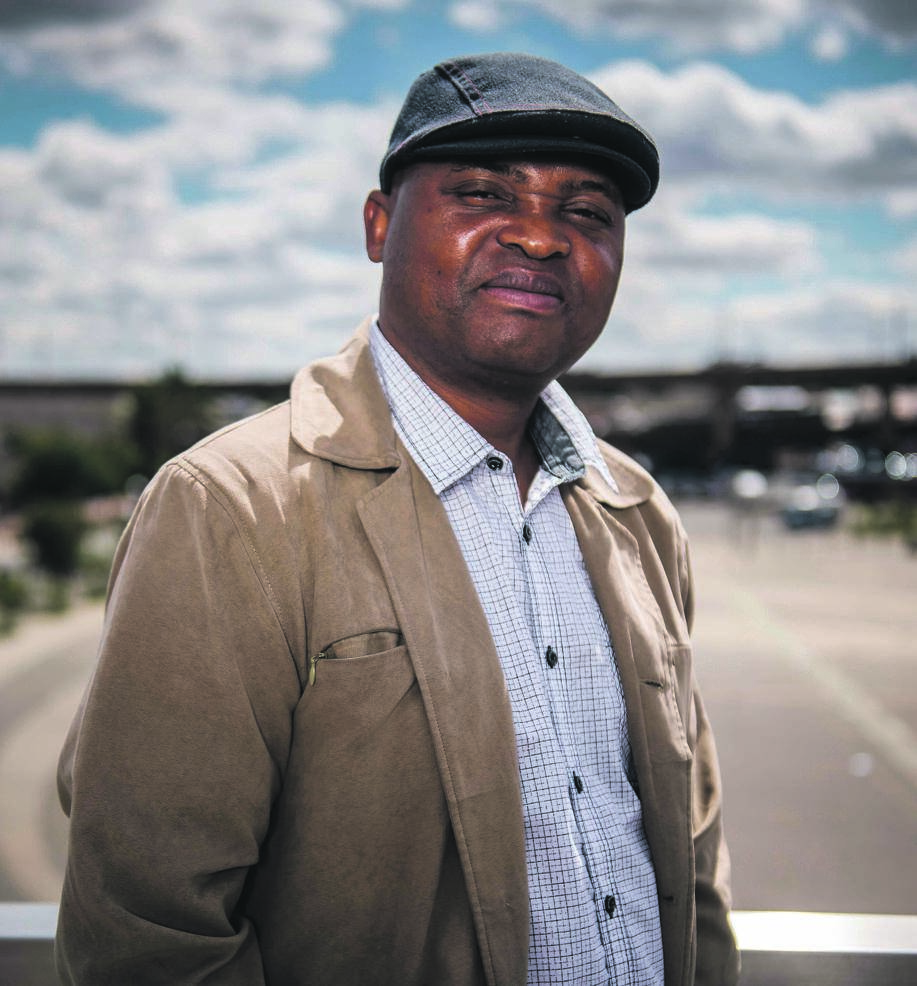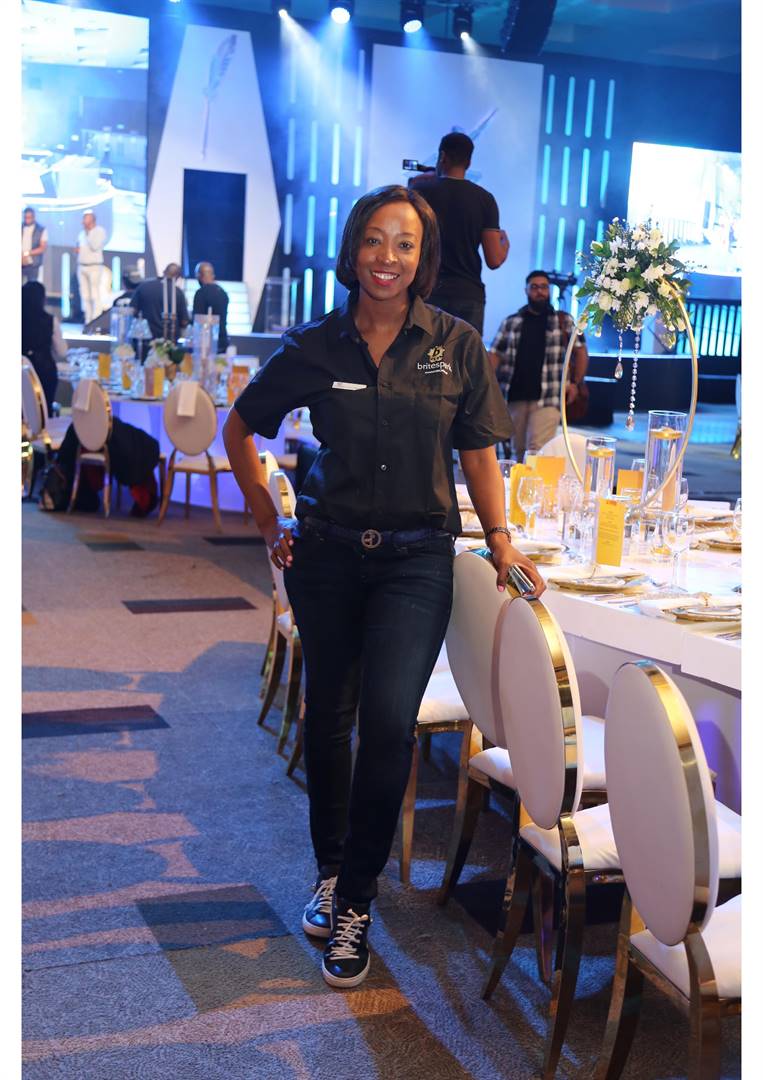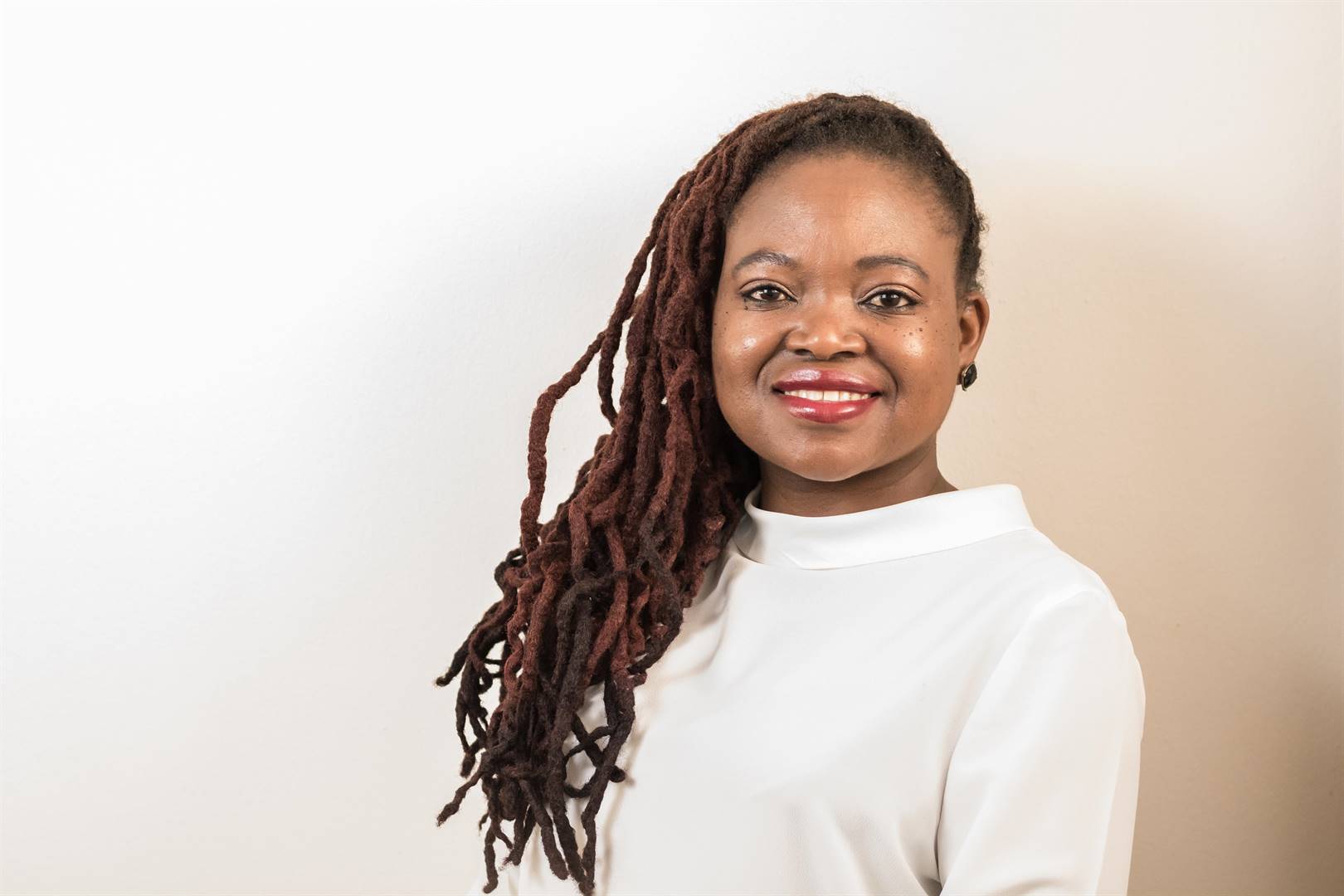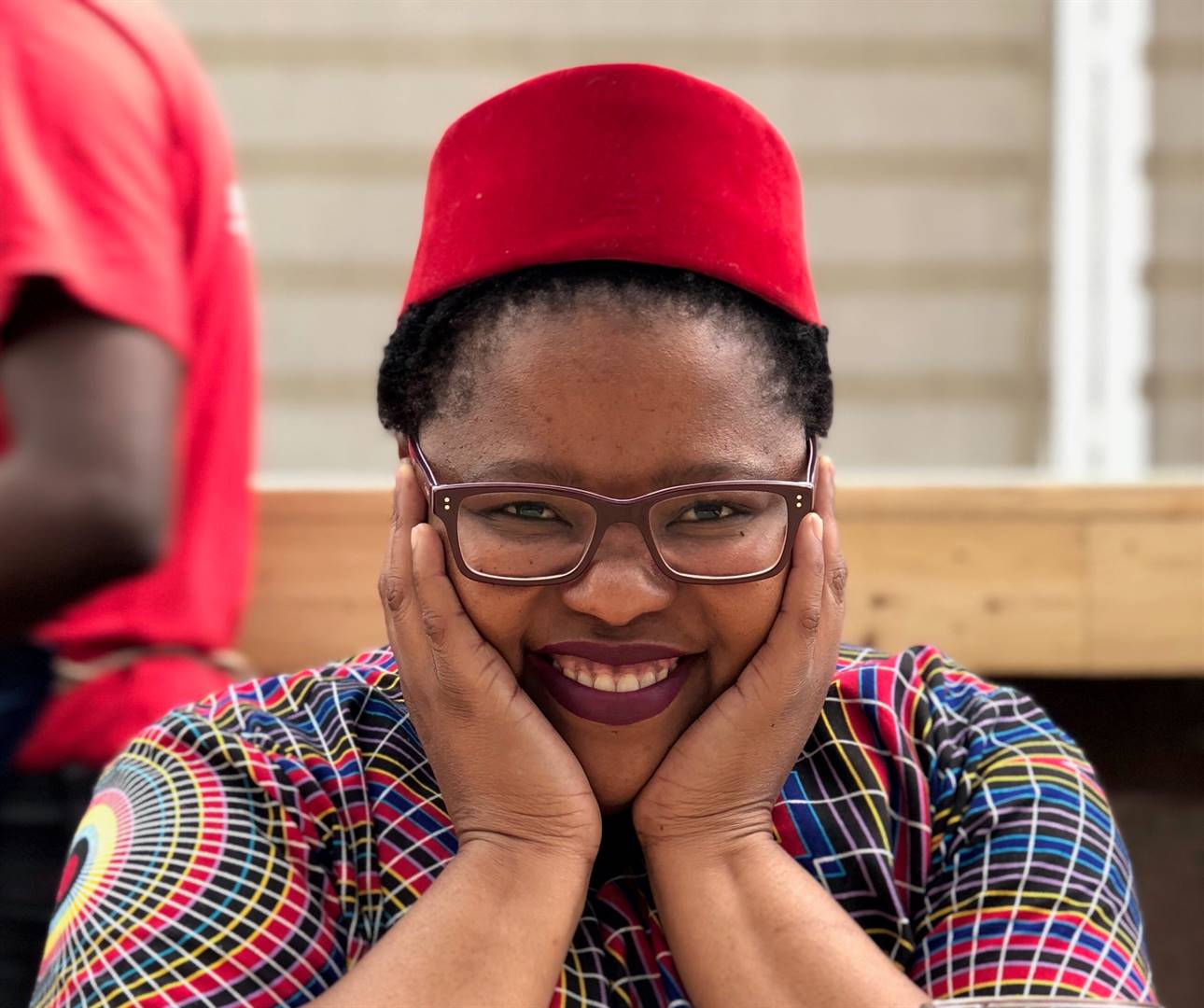
The 22nd annual Time of the Writer festival kicks off in Durban next week. Charl Blignaut chats with this year’s curator, novelist Niq Mhlongo, about what you shouldn’t miss when you plan your visit.
You’re the guest curator at the 22nd Time of the Writer fest taking place in Durban, which is also a Unesco City of Literature. Did you take this on with joy or a little trepidation, given all the issues – political and financial – around literary festivals in South Africa?
To be honest, I was nervous at first, and then very happy to be considered from among the many able South African authors and literature lovers. Who wouldn’t be nervous to be asked to be a guest curator of a literary festival of this magnitude?
I first came to the Time of the Writer as a participant in 2005. I had one book then, Dog Eat Dog, and it was South Africa’s biggest literary festival then. That’s where I was first exposed on a personal level to international authors such as Hari Kunzru, MJ Vissanji, Nawal El Saadawi and Charles Mungoshi. While studying for my literature degree at Wits in the mid 1990s, Mungoshi and Vissanji’s books were prescribed texts. Now I was on a panel with them...
I’ve learnt a lot about literary festivals in my career as a published author. I’ve been invited to major festivals and fairs around the world. However, experience means nothing without the political, cultural, social and financial support ... It is time for government to give more to the arts and not just music performances. Book authors, poets, film makers, musicians, actors, theatre people – all of us play a major role in giving South Africa its identity. We are all unofficial ambassadors, selling South Africa to the world. We equally contribute towards the economy, and government must help sustain art creation and preservation.
What does this year’s theme, Centring the Indigenous, mean to you?
This year’s theme is inspired by what is happening in South Africa in general. It is an ongoing dialogue about accessibility of books in rural communities; it is about a need to include African literature as a compulsory school subject; it’s about making South African history compulsory in schools; and it’s about stocking more books written by South African authors in our libraries. We were motivated by the #FeesMustFall movement, the decolonisation movement, the Abantu Book Festival, and all the book clubs that are reading South African literature and giving writers a right to write.
Given the superstructures of capital in publishing, is the decolonisation of book festivals achievable?
We are very aware of the challenges ahead, but we are determined that this is achievable. We are also aware that we may not see the desired results soon.
However, for the past four years, the festival has engaged intensively with communities. All-day programmes are taking place in community libraries. This year, the evening sessions are taking place in Clermont as well as Bluff.
We always try to make the programme more accessible by making all events free to the public. We will also have a publishing forum, where we have invited publishing houses as well as self-publishing authors to engage with local writers and aspiring writers.
What guided your selection of writers?
This year it has been tough and the budget was very low. We had to cut many things just to make this festival happen ... Preference was given to local authors who will be participating in this event for the first time.
It’s a joy to see Angela Makholwa on the line-up because she’s such a good writer who has the ability to remain popular with readers.
I’m a big fan of her work, particularly Red Ink. She has a beautiful way of writing about sensitive themes. Blessed Girl is doing wonders as it talks about the challenges of today – blesser and blessee relationships, gold diggers and sugar daddies. Angela will be exploring these themes in detail.
Sihle Mthembu is on the list (co-author of Born to Kwaito) with Siya Khumalo (You Have to Be Gay to Know God). Do you think voices of the younger generation, especially minority voices, are still being ignored in our literature or are you feeling a rejuvenation happen?
The young voices of Sihle and Siya are very important in South Africa’s literary landscape. Kwaito music shaped the lives of many South Africans, including myself. Siya’s beautiful book addresses a very sensitive topic in a country that is still largely homophobic. It teaches us humanity, love and tolerance in a way that, in my opinion, no other book has done in recent years.
I think that book clubs are the most important entities in the industry today as they’re making sure that South Africans read relevant literature that is about us, for us and by us. I do think that South Africans know about Sihle and Siya because the book clubs are reading and talking about them. And I agree, voices of the younger generation are calling, but not enough.
Rosie Motene basically self-published her memoir. Dudu Busani-Dube emerged by publishing herself. Where are we regarding self-publishing in South Africa?
Rosie’s experience in arts is huge. We are very fortunate as the festival that she is coming to share her journey with us. Dudu is one of the biggest names in literature today. I think she is the biggest-selling author among black South African authors, but I stand to be corrected. Dudu is going to be part of the publishing forum on Saturday and will be on two panel sessions talking about the issue of access to books.
Lerato Mogoatlhe is a joy to read as a travel writer who has toured Africa.
This will be my favourite panel. I would love to explore our continent more. The more South Africans in general talk about their continent, the more I have hope that Afrophobia and xenophobia will end in this country.
Sue Nyathi is Zimbabwean and she writes about the Zimbabwean immigrant experience.
Her work, particularly her latest, Gold Diggers, explores the sensitive issue of migration. This is a global concern. In the US, Donald Trump is building a wall. In Europe, there are right-wing elements growing. In South Africa, we talk of Afrophobia and xenophobia. In the UK, you cannot talk of Brexit without mentioning migration. Zimbabwe is one of the countries whose economy has been hit hard by emigration. There are so many Zimbabwean nationals who live in South Africa, including Sue.
It’s a joy to see the festival is partnering with eThekwini libraries.
Part of the festival will be taking place in Inchanga Library in Cato Ridge and Grosvenor Library in Bluff. We hope this partnership with libraries and librarians will help them become aware of the huge volume of local content that is available and has been published in recent years. Librarians can play a huge role in the decolonising debate because they are dealing with readers every day. It is up to them to recommend South African content to our potential readers at all times.
. Time of the Writer takes place from March 13 to 16. For programme information, go to medium.com/time-of-the-writer-festival




 Publications
Publications
 Partners
Partners











